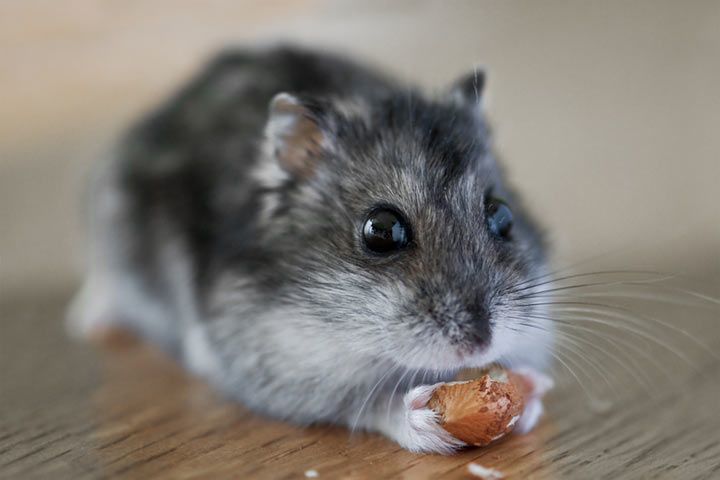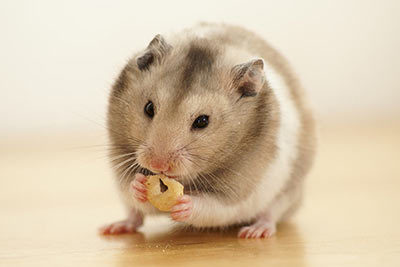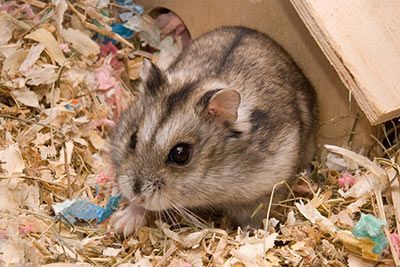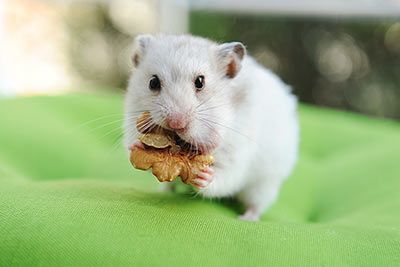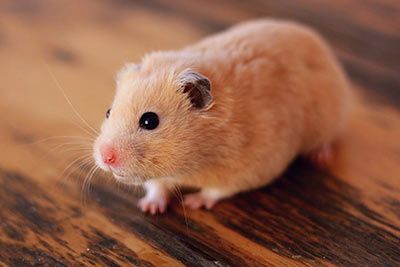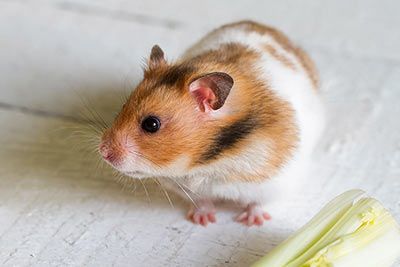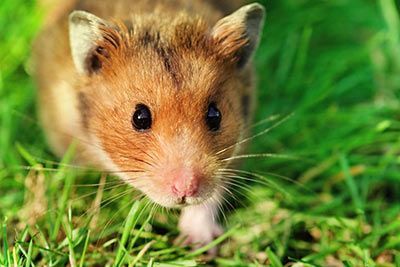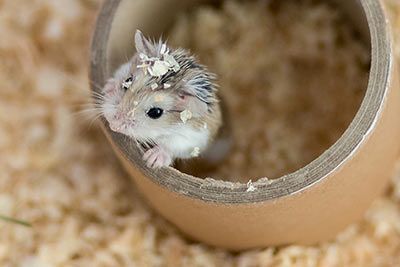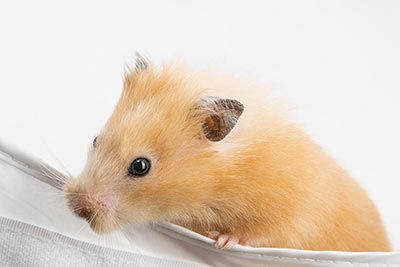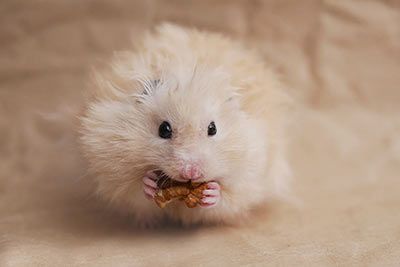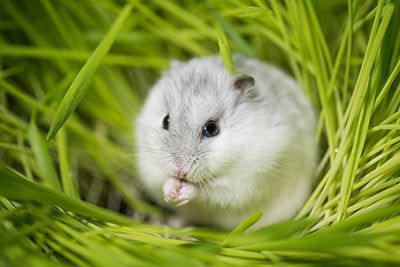Chinese Dwarf Hamster
Chinese Dwarf Hamster Pet Profile
| Origin | Mongolia, northern China |
| Genus | Dwarf hamsters |
| Scientific name | Cricetulus griseus |
| Size | 3.5-4.7 inches (9-12 cm) |
| Color | Brown, white, gray; dark dorsal stripe down the back |
| Lifespan | 2-4 years |
| Personality | Love to climb, placid |
| How to keep them | Separately |
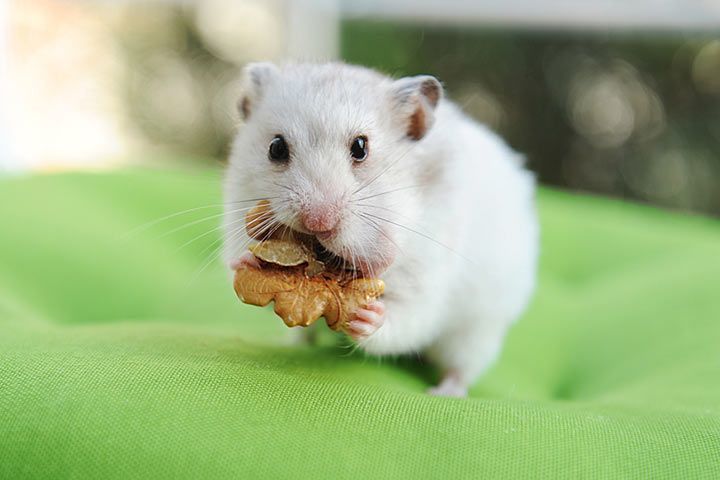
Characteristics
The Chinese dwarf hamster is different from other dwarf hamsters! It’s not an Asiatic dwarf hamster (genus phodopus) like the Campbell, winter white and Roborowski, rather a cricetulus. The Chinese dwarf hamster’s special features include a love of climbing and a stripe down its back.
Anatomy
The Chinese dwarf hamster is considerably thinner than other dwarf hamsters. It weighs around 1 to 1.8 ounces (30-50 grams) and its body is around 3.5 to 4.7 inches (9-12 cm) long. Its tail is 0.8 to 1.2 inches (2-3 cm) long, which is significantly longer than dwarf hamsters’ tails. Their tails are just 0.2 to 0.4 inches (5-10 mm) long, which is short enough that you sometimes can’t even see it. Thanks to its body shape and long tail, the Chinese dwarf hamster looks a bit like a mouse or a small rat.
Personality
Grumpy or tame? There’s no consensus here. The Chinese dwarf hamster can be downright stubborn and may nip from time to time to begin with. But if you give it time and patience and stay calm, it can become tame and trusting. After all, you must remember: to hamsters, we are huge predators, like Godzilla. It takes a while to build trust.
Needs
The Chinese dwarf hamster has a strong burrowing instinct and is known for its climbing skills. They need an exciting cage with plenty of things to keep them busy, e.g. climbing walls, ladders and ropes.
Colors
Chinese dwarf hamsters have a dark dorsal stripe that runs from the neck to the rump. Their fur is mostly gray-brown or white. Their bellies are gray-white.
Fun Facts
In the wild, Chinese dwarf hamsters hibernate. This means that they withdraw from the cold into warm burrows, where they sleep a lot and wake up occasionally for a snack. As pets, they don’t hibernate (because they don’t need to).
